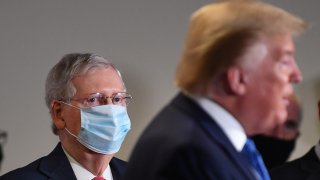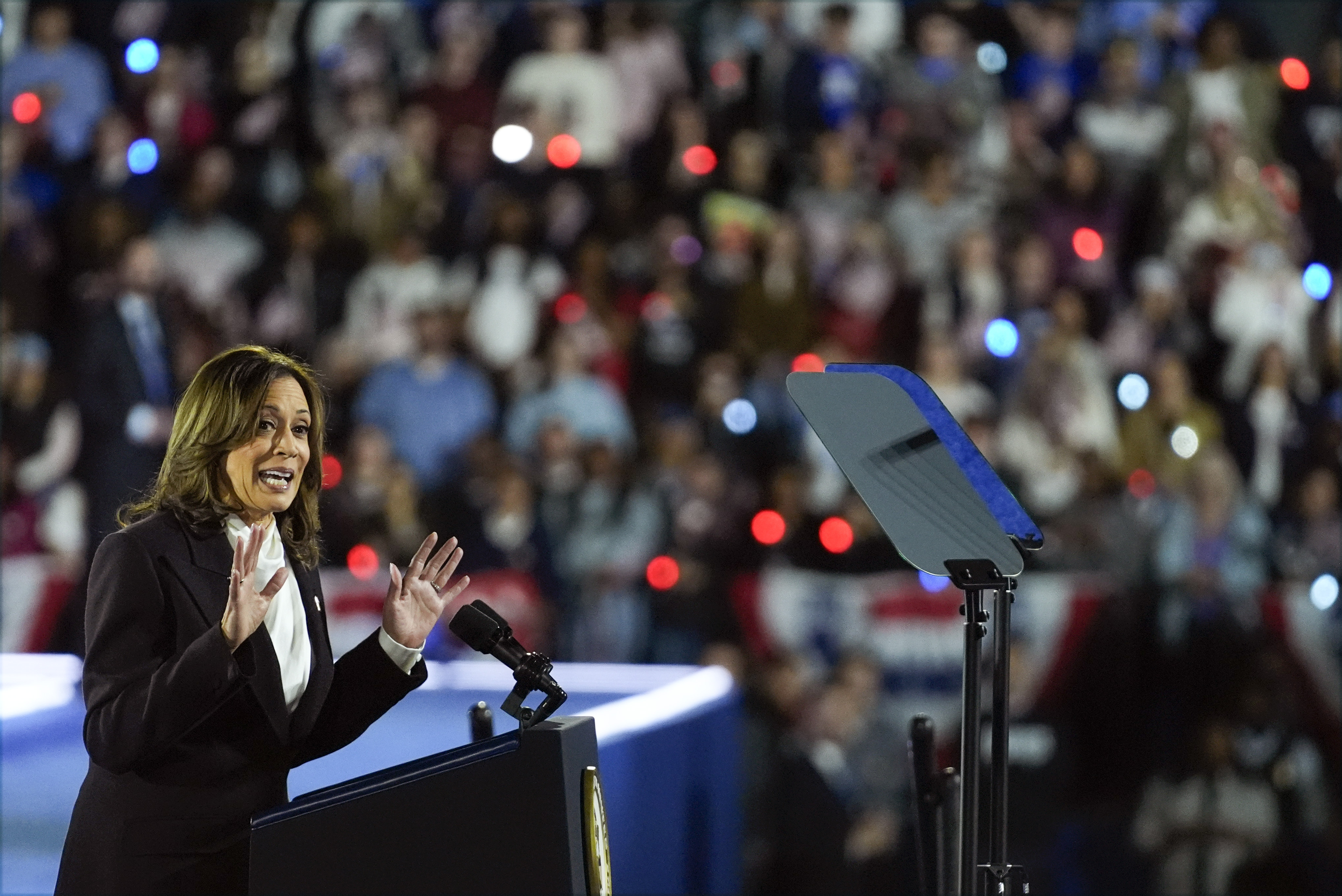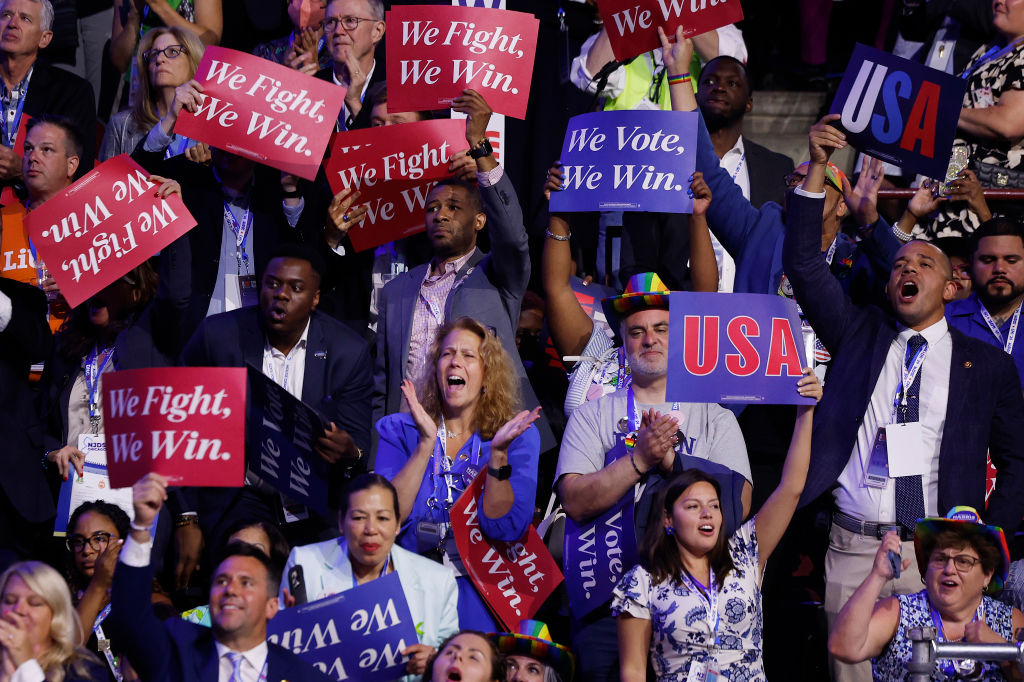
Another batch of one-time stimulus checks could be coming. But this time, far fewer Americans could get paid.
President Donald Trump has made it clear that he wants to include another batch of checks in the next coronavirus legislation.
But Senate Republicans have been slow to warm to the idea. One reason: the high cost of cutting millions of checks to Americans.
Now, Senate Majority Leader Mitch McConnell, R-Ky., is considering a compromise: disbursing funds to people making $40,000 or less a year.
The new threshold would dramatically reduce the number of Americans eligible for the checks. That would help the GOP keep the new spending package to about $1 trillion.
Congress is poised to consider the issue when it returns later this month. At that time, it will also consider whether or not to continue giving unemployed Americans an additional $600 per week in unemployment benefits.
The first round of stimulus payments was authorized by Congress with the $2 trillion CARES Act. The stimulus checks amounted to about $300 billion of that spending.
U.S. & World
Stories that affect your life across the U.S. and around the world.
The U.S. government has sent about 160 million payments worth $269 billion, according to a June Government Accountability Office report.
Those $1,200 payments went to individuals making up to $75,000 and couples earning up to $150,000 per year. The amount was then reduced incrementally for incomes up to $99,000 for individuals and $198,000 for couples, above which it was completely phased out.
In a CNBC interview on Thursday, Treasury Secretary Steve Mnuchin declined to comment on the proposed $40,000 threshold.
“We do support another round of economic impact payments,” Mnuchin said. “The level and criteria we’ll be discussing with the Senate.”
Though a $40,000 cap would leave millions of Americans out in the cold, it would target a segment of the population that’s been hard hit by the crisis.
In March, 40% of households making less than $40,000 lost their jobs, according to data from the Federal Reserve.
And some low-income individuals and families have proven difficult to reach. If they do not typically file tax returns or receive federal benefits, they may not be on the U.S. government’s radar.
As many as 12 million people are still at risk of not receiving even their first stimulus check for that reason, according to research from the Center on Budget and Policy Priorities, a nonpartisan research and policy institute.
“It’s right that we should target people at lower incomes,” said Kris Cox, senior tax policy analyst at the Center on Budget and Policy Priorities. “But we need to make sure they’re actually able to receive their payments.”
Chuck Marr, director of federal tax policy at the Center on Budget and Policy Priorities, said it is “really heartening” that McConnell “identified the problem” that low-wage workers have been hit the hardest.
Still, there are other areas in which the government should focus first, Marr said, including making sure there is robust unemployment insurance, adequate Supplemental Nutrition Assistance Program benefits for people who need food, and shoring up state and local government budgets.
“That’s the things you really want to emphasize,” Marr said.
This story first appeared on CNBC.com More from CNBC:



